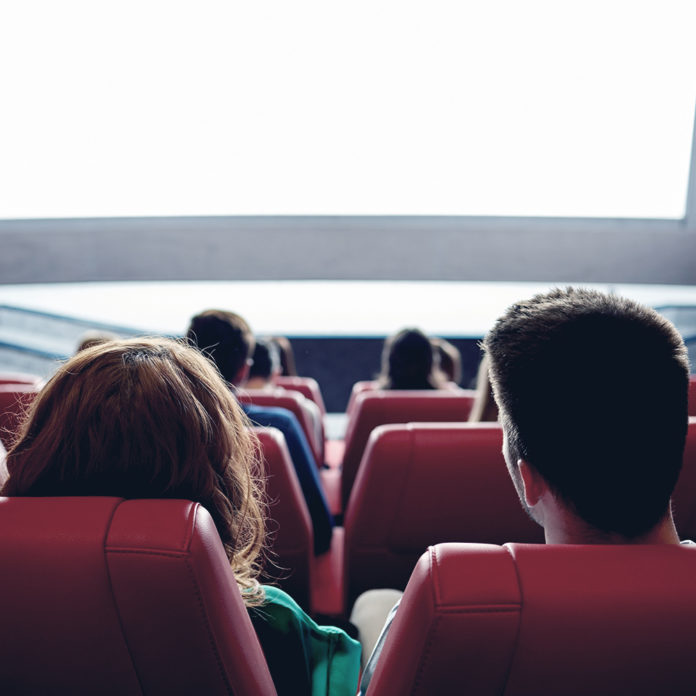
I love movies!
The first movie I remember seeing on the big screen was The Right Stuff which chronicled the first 15 years of the American space program.
I watched as Sam Shepherd depicted Chuck Yeager breaking the sound barrier, imagining it was me up in that jet. Later on I became the first man in space.
Another early movie I remember seeing as a young boy was Indiana Jones in Raiders of the Lost Ark. The thrill of dodging the traps in the temple, replacing the treasure with the carefully weighted bag, and then the thrill (and horror) of being chased by a giant rock and not knowing how I was going to escape.
WHAT THEY SAW
Reflecting on Hollywood and the movies was actually one of the ways I learnt a significant aspect of understanding this thing called white privilege.
A lot of white people who actually make an effort to understand, tend to arrive at the definition of white privilege meaning that someone had more stuff than someone else (money, opportunity, possessions). While that can be true, it is not always so, and the movies helped me see it was a lot deeper (and darker) than just that.
You see, if we go twenty years ago, if you were a black person in the movies, chances are that you would either be the bad guy or the help. Those were your options as an actor and those were your potential identifying roles as a young person watching a movie. As a young black person growing up, I would have only been able to resonate with the character playing the villain or else the butler, maid, or slave. In extreme cases I might have been the third person, and token black friend, being killed in a slasher movie, but that was it.
Whereas I, as a white person, could be the president, the hero, the love interest, the scientist, the explorer, the captain, the pilot, and so much more. Let’s be honest, as a white person, in most movies I could identify with the person playing Jesus (a middle eastern man).
JUST HOW WRONG HAS IT BEEN
One article I recently read from the Huffington Post gave examples of 26 times that white people had played people of colour. While they were all pretty bad, some of the worst were Laurence Olivier as Othello , John Wayne as Genghis Khan (The Conqueror) and Mickey Rooney as Mr Yunioshi, a Japanese man (Breakfast at Tiffany’s).
It is not just black people who suffer this same fate as you can see from the list, but speaking from a South African context, this helped me understand that white privilege goes way beyond just the stuff we own, or don’t.
According to the article 75.2% of speaking roles in Hollywood go to white people. Less surprise then that the Oscars have not been able to nominate a single African-American over the last two years.
STOP. LOOK. LISTEN. HEAR.
Too many white people, when they hear terms like “white privilege”, “white fragility”, and “white supremacy” tend to run screaming for the hills, bolt the doors, and hide under their beds as if talking openly and honestly about these things might somehow cost them too much.
Hopefully something like the realisation i received from realising this simple yet devastating truth in the movies (and on tv, and in advertising, and so on) will cause more of us to stop and start to listen more and to try and understand. The race inequality rabbit hole goes down a lot deeper than most of us might have imagined and the only way we are ever going to turn things around is if we all start to pay attention and work together.
There is a lie that says that “whiteness is better than” and it has permeated so much of history in so many different forms of media. It’s time for us to stand together and say #NotOnOurWatch. Not any more. What can we do to begin to dismantle this?
How about you? Is this something you had already noticed? Was there anything in this article that you were hearing for the first time?
